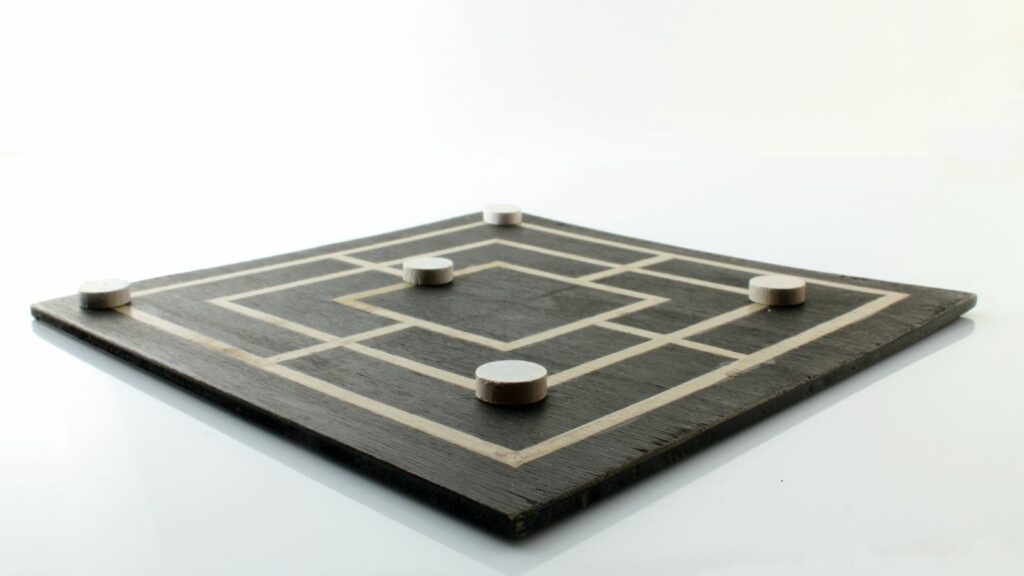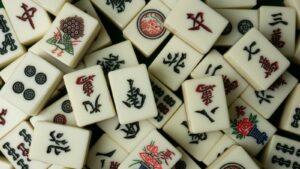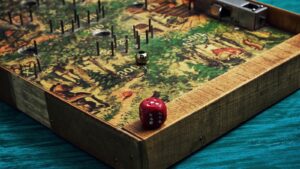Long before the advent of digital entertainment, our ancestors found joy and camaraderie in ancient games. From the strategic moves of Chess to the athletic prowess displayed in the Olympics, these games have shaped civilizations and left a lasting impact on our modern world.
Delving into the realm of ancient games is like embarking on a fascinating journey through time. It’s not just about the rules or the equipment used, but also the cultural significance and the stories these games tell.
Ancient Games
Revealing a fascinating journey through time, ancient games carry a significant cultural weight and have deeply influenced our modern entertainment. They tell a rich tale of human history, shaping civilizations in a unique way.
Games were more than mere pastimes in ancient societies; they held a deep significance, often forging cultural identities, activating community engagement and being integral parts of prominent ceremonies. For instance, Mesoamerican ball games bore mystical symbolism, reflecting celestial battles. Similarly, traditional board games like Senet in ancient Egypt were believed to possess religious connotations.
Promoting both mental strategic thinking and physical prowess, games also served as training for warfare. Examples include the Greeks’ Pankration, a no-holds-barred wrestling and boxing sport, and the Roman Gladiatorial contests that aroused public fervor. These games were instrumental in honing necessary skills and preparing warriors for battle.
Popular Ancient Games and Their Origins
Emerging from a rich tapestry of historical interactions, ancient games remain pivotal in signifying cultural narratives. Modest, yet powerful, they offer insights into bygone eras.
From the invention of Senet in ancient Egypt to the popularity of the Royal game of Ur in Mesopotamia, ancient board games have been instrumental in human evolution. Senet, dating back to 3100 BC, signified the afterlife journey, portraying religious beliefs and societal rituals in a playful manner. On the other hand, the Royal game of Ur, tracing back to 2600 BC, remained a popular recreational activity, making its way from royal courts to common house-holds.
Ancient strategic games, primarily Chess and Go, stemmed from military practices, imitating battlefield scenarios. Originating in India during the 6th century, Chess symbolized the Indian military hierarchy, reflecting the general strategic mentality of the time. Conversely, Go, an East Asian game established around the 5th century BC, exhibited emptying and occupying spaces as its principal strategy, mirroring tactics employed in territorial disputes.
Rules and Strategies of Ancient Games
Peering into the rules and strategies of ancient games provides insights into the wisdom and tactical prowess of ancient societies. The mechanics of games like Chess, Senet, and the Royal Game of Ur reveal a depth of strategic thinking and mental agility that transcended entertainment.
The basic structure of ancient games mirrors complex societal norms and perceptions. In Chess, for example, the game board emulates a battlefield, with each piece representing military ranks and their corresponding moves resembling real warfare tactics. Even regulations reflect societal hierarchy, with the King’s safety being the primary objective – demonstrating the significance of authority and leadership.
Examining the Royal Game of Ur, dated back to 2500 BC, involves racing pieces along a mixed track, signifying life’s unpredictability. Senet, regarded as the world’s oldest board game from ancient Egypt, encapsulates religious beliefs and the concept of fate, transforming the game from a mere pastime into a symbolic journey of the soul in the afterlife.
The Strategy Behind the Play
Diving into strategies uncovers the intellect and craftiness fostered by these games. The deployment of strategic moves in Chess often requires anticipation of opponents’ actions, boasting adaptable thinking. For instance, the King’s Gambit or the Sicilian Defense are timeless strategies requiring astute planning and timing to control the center quickly or counteract the opponent’s play.
Deciphering the ancient game “Go,” popular in East Asia, involves occupying more territory, demonstrating the importance of space and territorial dominance. It’s often described as ‘a game of high strategy’ due to the balance of securing territories while capturing enemy stones.





